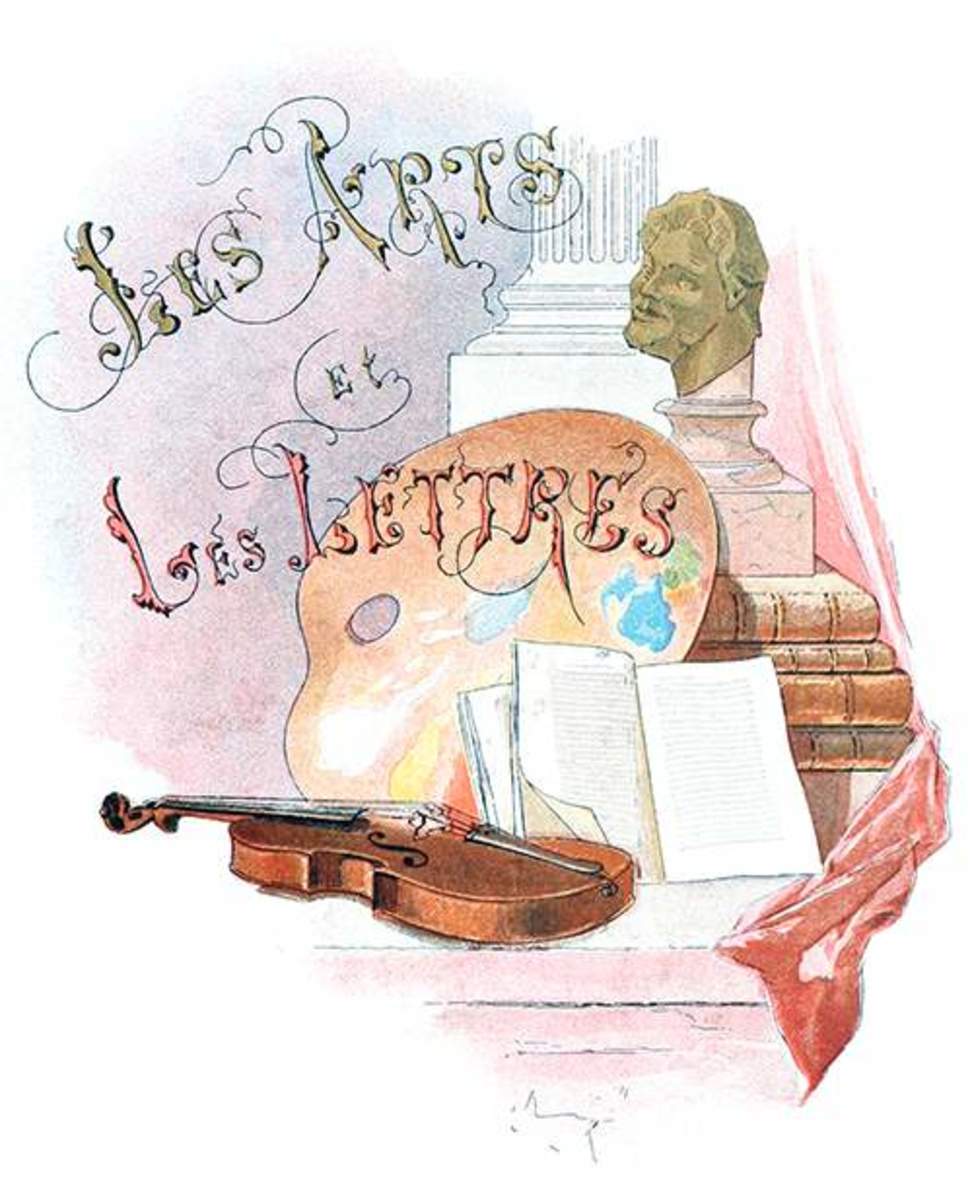The Amazing Truth About Fiction
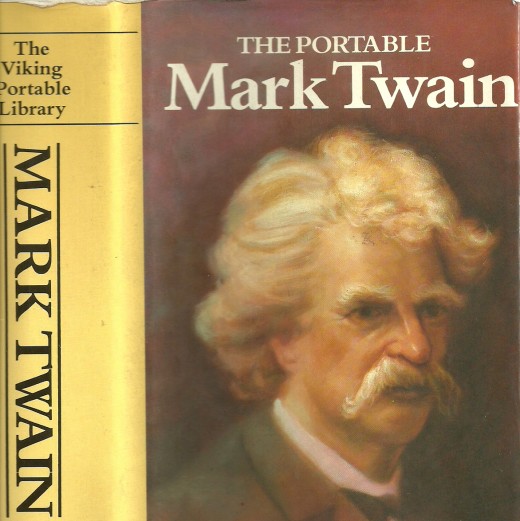
The art of storytelling is as old as life itself. It exists to pass along life truths to new generations, as does all writing. Fiction uses imaginary characters to convey those truths, which are important lessons from which the human mind learns.
The Bible uses parables very effectively for the same purpose.
Even works of fantasy, science fiction, and fairy tales speak truths in their fictional cloaks. Where there are characters, imaginary or real, and themes and causes, there are truths sought after or expressed.
To assume that fictional storytelling is nothing more than layered lies does this art-form a great disservice. For, in fact, fiction is one of the most powerful truth-tellers available to man.
It is fiction that many times relates and exposes the lies of reality. Charles Dickens' fiction exposed early child labor abuse. Infidelity, a fact of life, is a subject and story device dear to the heart of every fiction writer, and the hypocritical world of sports, which is a microcosm of life itself, has been spoken to in numerous tales of sports fiction .
It is actually creative non-fiction, a genre purported to be based in truth, and the creative license it adopts, that indulges in bald-faced lies.
Life truths are not lies. Fiction is filled with life truths on being human, or animal. Its varieties and vehicles used to accomplish this are endless.
A Description for Fiction
What is the basic definition of fiction? The Random House Dictionary says fiction is: the class of literature comprising works of imaginative narrative.
Any fictional genre from romance to mystery may express itself through literary imagination and describe a real-life-like human situation recognizable as truth by any life-experienced reader.
Fiction Is A Truth in Itself
Fiction isn't a lie: it's a made-up story using believable characters to bring a message of truth. It is many-faceted, using different approaches to convey many of life's truths.
In Volume Three of the series Famous Writers Course Fiction Writing from 1960, First Edition, published by Famous Writers School Inc. of Westport, Connecticut, a discussion of writing Themes states the real purpose of fiction.
"Many writers," the instructional book on fiction relates, "build their stories around Themes -- that is, around general truths about life or human nature".
Theme involves a philosophy or moral ground the writer wishes to convey, and fiction is his platform of truth, as well as entertainment. Fictional themes repeat the truths of human existence again and again, romantically, mysteriously, musically, even fantastically.
Exploring Fictional Genres
The Lord of the Rings is a great fantastical trip -- to truth. Its characters seek truth and justice just as a 21st Century person wishes to do, but its world is embedded in fantasy. Even so, the truth still speaks.
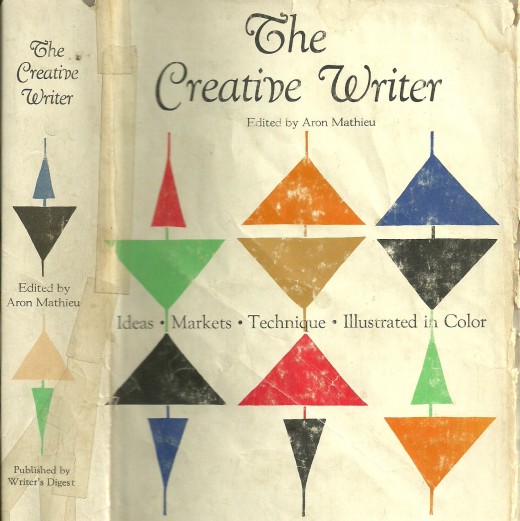
Horror novelist Stephen King produced his fictional work Needful Things in 1991. It is a ficticious romp through the pitfalls of being human instigated by the Devil himself, portrayed cleverly from the character of Leland Gaunt, disguised as a new shopkeeper in town.
Gaunt invites townspeople to discover life-long sought items in his shop, and the acquisition of such items arouses a need in everyone to attain more than they have, which leads to an attempt to fulfill dreams by climbing on the backs of others. The story is built on a theme of real human weakness that is a true formula for disaster.
A Little Creative License
Produced in 1997, the musical entitled 1776 uses a different storytelling approach with film as well as in the theatre, to tell the true story of America's writing and signing of one of its greatest historical documents, the Declaration of Independence.
Colonists and politicians of the 1770s didn't sing their way through the drafting and completion of the document. A little creative license is at work. The singing itself is the bald-faced lie.

Lessons From Our Canines
A Dog's Purpose is fiction purposefully told from a dog's viewpoint. It is full of imaginary characters and imaginative canine narration, and yet its undeniable factual theme speaks of truth after truth about the relationships of humans, the elements of being human, and the reasons that the canine is man's best friend despite man's frailties.
Jack London's The Call of the Wild successfully used animal-human relationships in fictional settings, as well, to teach real life lessons on that theme.
Creative License in Creative Non-Fiction
An example better than 1776 of the genre of creative non-fiction using creative license to the hilt in a film based on a true story is Seabiscuit: An American Legend, adapted from the book by the same name so beautifully and factually written by Laura Hillenbrand.
To heighten the drama of Seabiscuit's connections hoping their star can get the best of 1937 Triple Crown winner War Admiral in a match race, War Admiral is referred to as a monster of 18 hands high. A horse is measured in height by the number of wideths of a man's hand to the horse's withers. Seabiscuit was less than 15.3 hands high.
In truth, War Admiral was 15.2 hands high, never higher. Creative license was used at its best in the telling of a bald-faced lie for the sake of drama.
In the original film The Story of Seabiscuit starring Shirley Temple and Barry Fitzgerald that explored the real life Thoroughbred hero of the racetrack, creative license ran rampant. Facts surrounding Seabiscuit were mostly related through bald-faced lies in this small-minded account of his real-life legendary rise to racing immortality.
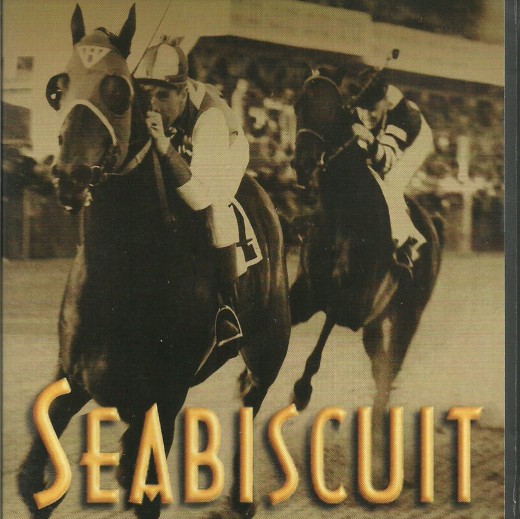
Racism in America
Hannibal, Missouri's Mark Twain, the fictional pseudonym preferred by writer Samuel Clemens, shed light on one of the most controversial themes America has ever endured, racism.
Twain's masterfully written fiction yarns The Adventures of Tom Sawyer and Huckleberry Finn touched the nerves of readers and created revolt and reform, all because they spoke the truth.
Englishman Charles Dickens' works did the same with child abuse and child labor themes. The list of Dickens' fictional characters whom he used to speak of these truths is miles long. His work exposed true societal ills.
Twain and Dickens were two of many 19th Century authors who used fiction to get to the truth and to foster positive changes in society and human relations.
Suspension of Disbelief
No discussion of fiction and truth is complete without an explanation of the term "suspension of disbelief", for a main element of fiction writing is also to entertain while truths are told. Establishing a "suspension of disbelief" is essential to achieving entertainment, and that entertainment leads to the telling of truths.
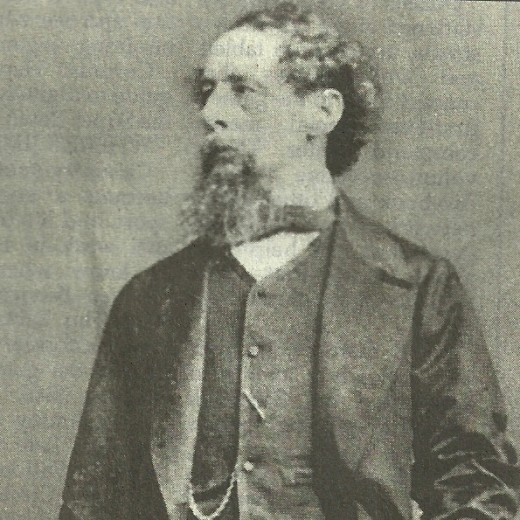
A "suspension of disbelief" is just what it says: the reader suspends his reality, his disbelief, to let the story absorb into his senses. He is taken away and is compelleld to keep turning pages to learn more.
A student of fiction writing is strongly advised to grasp the concept of "suspension of disbelief" if he expects to be successful writing fictional material. Can the writer tell his story convincingly enough that a reader will give in to becoming so absorbed in the story that he "feels" the story, experiences the pages, sits next to the protagonist and believes his peril or triumph?
If the answer to that elongated question is "yes", then the writer has succeeded in telling his story not only in an entertaining manner, but also as one who is believed because the truth can be absorbed between his lines.
One of the finest examples of "suspension of disbelief" in fiction writing is Dickens' The Old Curiosity Shop, which was serialized in Dickens' native England and sent by ship to New York City in installments. Before the final installment could be unloaded at the NYC docks, people yelled up to the ship's sailors, inquiring if (Dickens' character) Little Nell lived or died. Little Nell wasn't real, but Dickens' fans had engaged mightily in "suspension of disbelief" to read her story of poverty, and she had told a truth with which they were familiar. From Dickens' followers, news of Little Nell's death brought rioting on the docks in New York City.
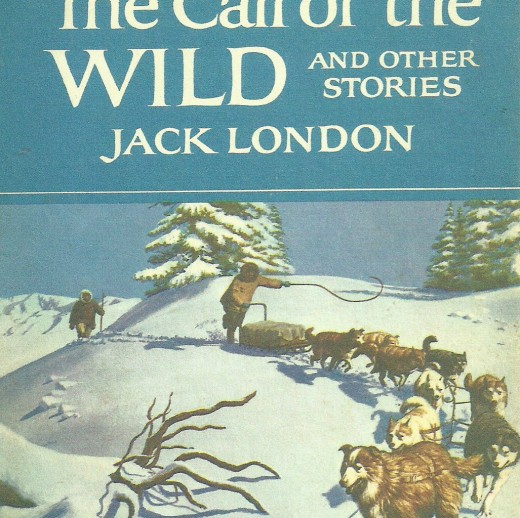
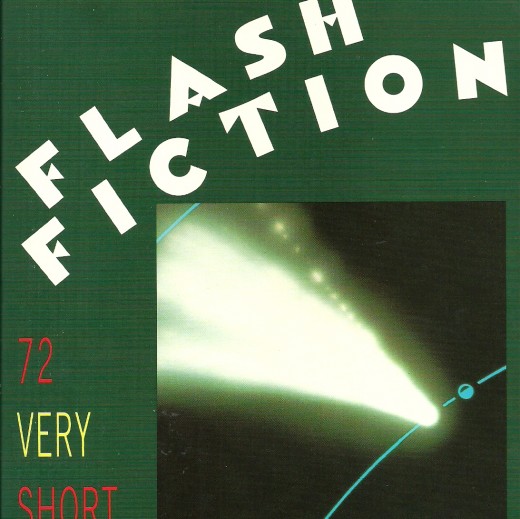
Life Truths Stay the Same and Move Forward
Life truths in the fictional works of Dickens and Twain still ring out today. Their books continue to be absorbed the world over. Although Twain is more simple in his use of words, Dickens continuously overturns new wordage that stretches the vocabulary. Nonetheless, reading Dickens with a dictionary nearby doesn't lighten the power of his truthful exposures.
In 1992's Flash Fiction 72 Very Short Stories, a two-page entry by David Foster Wallace begins: "She says I do not care if you believe me or not, it is the truth, go on and believe what you want to. So it is for sure that she is lying..."
Many humans have experienced this truthful dilemma of life and quickly relate to Wallace's story of a relationship fraught with who believes whom and truth versus lying. Wallace's story is fictional truth.
After all, people read fiction to gain temporary escape from their own realities, yet they hang onto the fictional words of truth and seek the truthful messages found there to assuage their own dilemmas and unsatisfactory lives.
The reader soars, descends, laughs, cries with the protagonist who stumbles toward life refinement and the truth.
From Twain to Truth
In the first chapter of Huckleberry Finn, the curious reader hears from Twain himself through Finn like this: "You don't know about me without you have read a book by the name of The Adventures of Tom Sawyer; but that ain't no matter. That book was made by Mr. Mark Twain, and he told the truth, mainly. There was things which he stretched, but mainly he told the truth" (from Bartlett's Familiar Quotations, by John Bartlett, Fourteenth Edition, 1968; First Edition published 1855).
This is the author using the main character of Finn to relate to the reader that the author has told the truth in Tom Sawyer. Fictional truth doesn't get much deeper than that!
For More on Fictional Truths:
For an opposite viewpoint on the value of fiction as truth, search PDXKaraokeGuy's "What Is Creative Non-Fiction?"
Also, search "Words Are Weapons" by Cruelkindness and Suzzycue to consider the life affects of truth in fiction.
For a terrific look at fictional life truths search WillStarr's profile and find "The Promise -- A Short Story".
- What's In A Horse's Name?
The names chosen for horses may reveal things about the animal itself or its owners. Hollywood and fictional horses like - http://Barbsbitsnpieces.hubpages.com/hub/Short-Story-A-Dogs-World








